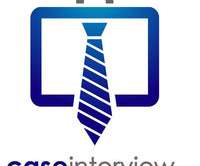2008 Financial Crisis – Causes and historical context
Tom Spencer
NOVEMBER 17, 2018
Many an economics and finance course later, I see that the layers of complexities to the 2008 financial crisis are innumerable. I’ll try to summarize some of the causes and historical contexts in this article to provide a greater-than-Big-Short level analysis. We were shocked, how could no one have seen the collapse coming?


















Let's personalize your content